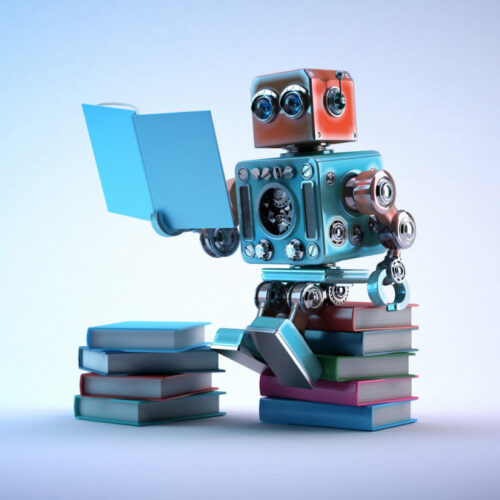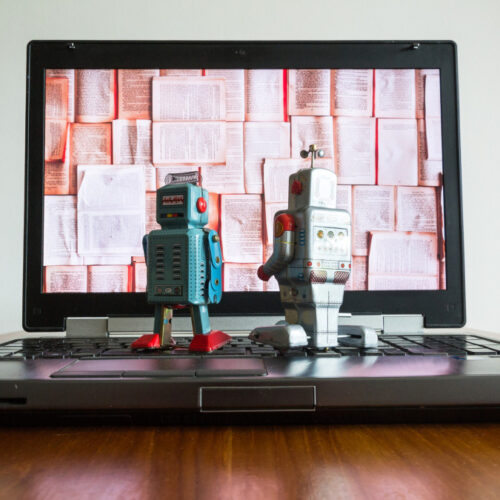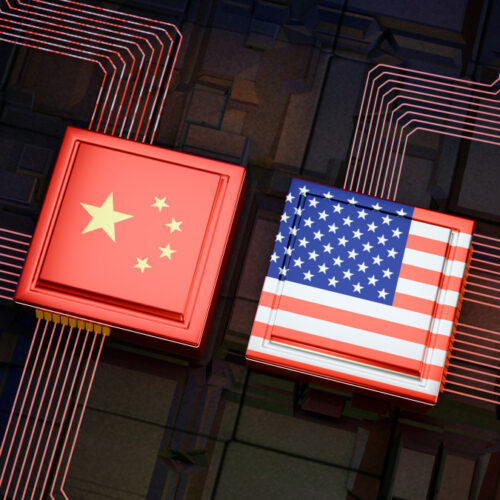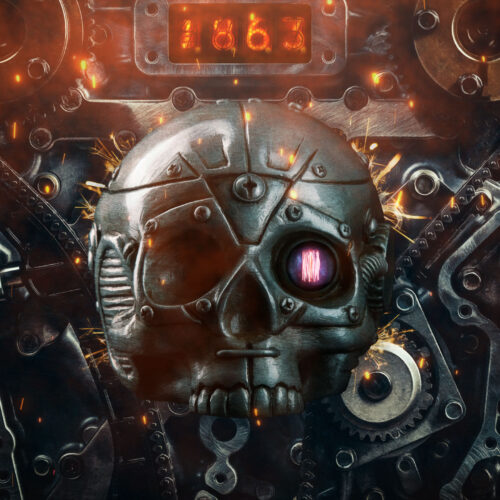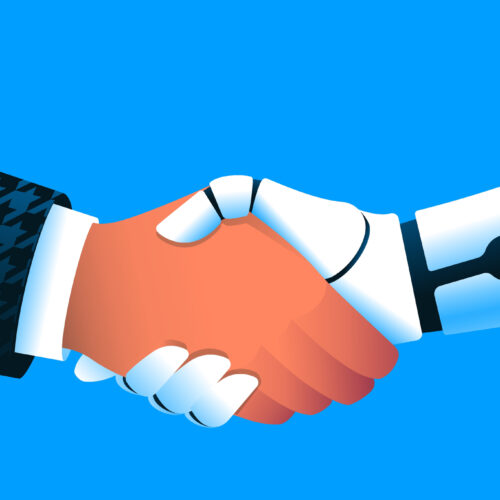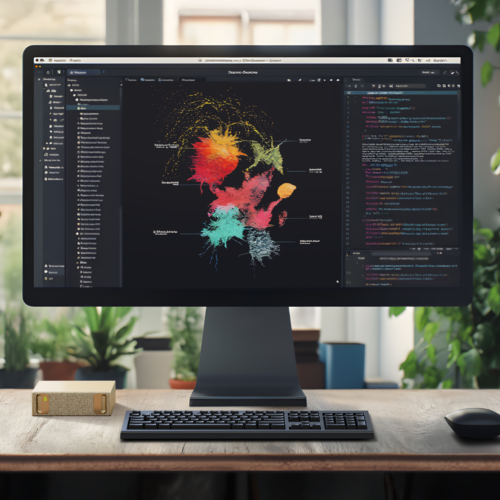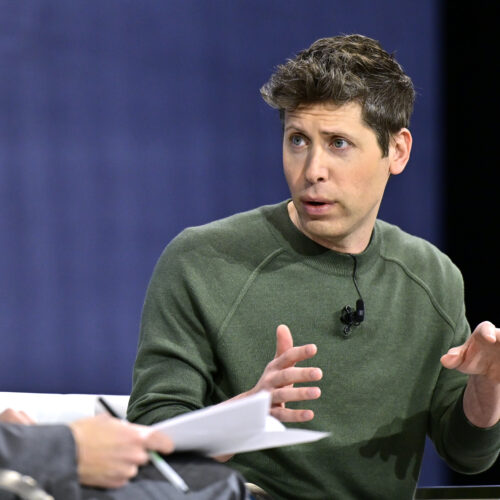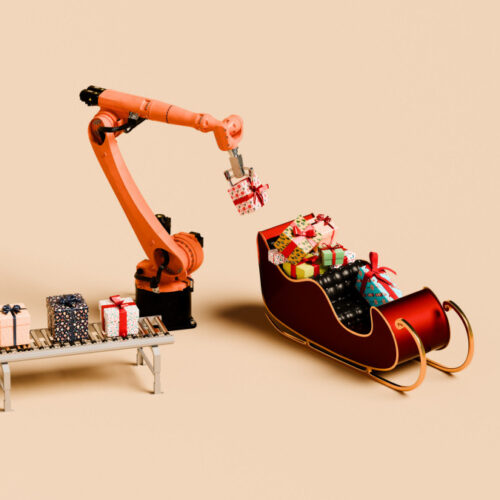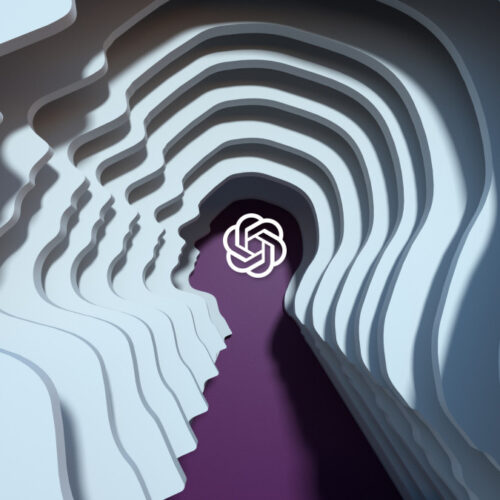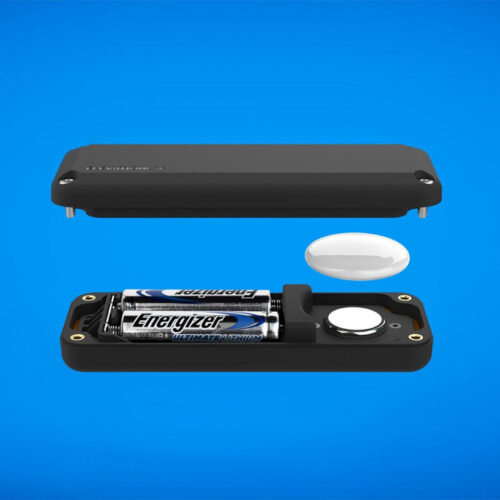DeepSeek panic triggers tech stock sell-off as Chinese AI tops App Store
On Monday, Nvidia stock dove 17 percent amid worries over the rise of Chinese AI company DeepSeek, whose R1 reasoning model stunned industry observers last week by challenging American AI supremacy with a low-cost, freely available AI model, and whose AI assistant app jumped to the top of the iPhone App Store's "Free Apps" category over the weekend, overtaking ChatGPT.
What’s the big deal about DeepSeek?
The drama started around January 20 when Chinese AI startup DeepSeek announced R1, a new simulated reasoning (SR) model that it claimed could match OpenAI's o1 in reasoning benchmarks. Like o1, R1 is trained to work through a simulated chain of thought process before providing an answer, which can potentially improve the accuracy or usefulness of the AI models' outputs for some types of questions posed by the user.
That first part wasn't too surprising since other AI companies like Google are hot on the heels of OpenAI with their own simulated reasoning models. In addition, OpenAI itself has announced an upcoming SR model (dubbed "o3") that can surpass o1 in performance.


© Luis Diaz Devesa via Getty Images

